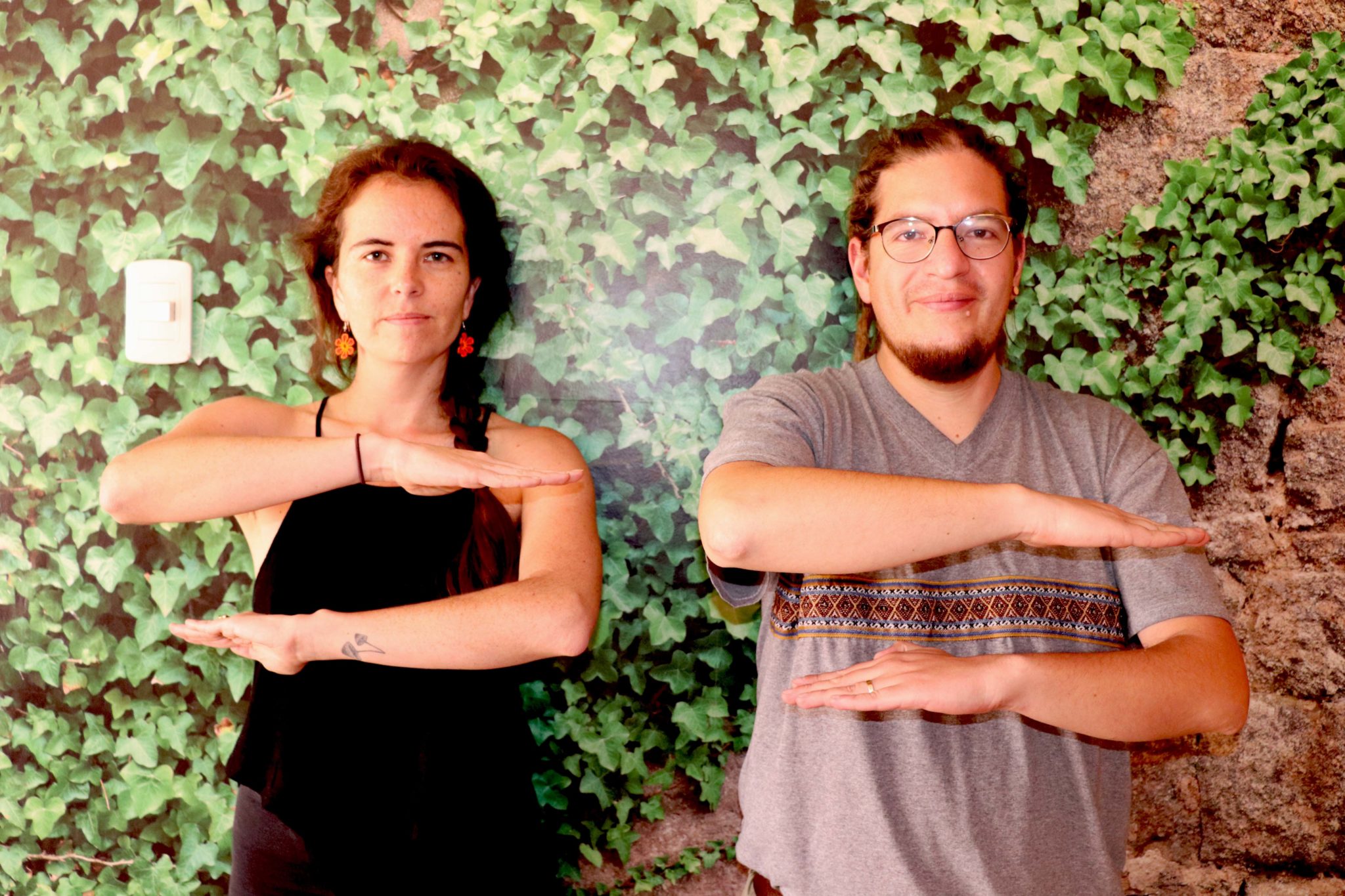This year, International Women’s Day is about challenging gender stereotypes, fighting bias, and broadening perceptions. Through the Sustainable Diets for All (SD4All) programme, we have taken a gendered look at people’s food choices and at food system transformation in Bolivia, Uganda, Zambia, Indonesia and Kenya. Unsurprisingly, we found that women play many important roles in the food system. They grow crops and vegetables, they process and sell foods in informal markets and, most often, they are the ones who prepare food for their families. We have also learned about how women and men work together and support each other in the food system.
Challenging our own preconceptions and assumptions about men and notions of masculinity, however, we are only just starting to explore the missing piece of the puzzle: the complex relationship that boys and men have with growing, preparing and enjoying food. Providing spaces for boys and men to talk, teaching them about healthy food choices and simply bringing them into the kitchen are just some of the ways our partners in Bolivia and Indonesia are working to help create gender equal food spaces and systems.
Food and masculinity in Bolivia
Gendered food discourse is part of life in Bolivia. As in most Latin American countries, notions of masculinity – or what it means to behave like a man – are deeply rooted. Women eat healthy food; men eat fatty foods and meat in big portions. Women are the ones who cook; men only cook meat on the barbecue once a year. Women are cooks; men are chefs. Women provide food for the family; men should be served. These are some of the common assumptions about Bolivian women and men’s roles in relation to food. Many of these contribute to men’s unhealthy food choices, often leading to unhealthy lives.
In most Bolivian families, boys are still taught that the kitchen is a woman´s space. They grow up lacking essential cooking skills and many are afraid of stepping into the kitchen. Yet, when it comes to food choices, men have the final word, they are the ones who get to choose what kind of food the family eats, even if it is women who are doing all the cooking.
SD4All partner Cosecha Colectiva de Les Ningunes has been working in La Paz with the local organisation JuntEs to explore and challenge notions of masculinity as they have recognized this lies at the heart of boys’ and men’s relationship with food. They have offered ‘safe’ spaces where boys and men can open up and relate to each other on a ‘human’ level such as, for example, basic cooking lessons for men as a first step for them to overcome their fear of the kitchen. More importantly, these spaces can open up conversations about men’s fears and emotions around food and notions of masculinity without them even noticing.
Following the Women Food Lab in La Paz in 2018 and 2019, Hivos together with Les Ningunes and other local organizations have produced a book and a campaign, “Cocina llena, Corazon contento” (full kitchen, happy heart), to engage the whole family in talking about food. In this way, they have brought boys and men into the conversation without singling them out.
This year, JuntEs and Cosecha Colectiva de Les Ningunes will facilitate actions that will give continuity of the Woman’s Food Lab, aimed at men. The idea is to bring men from different backgrounds together for them to open up about their experiences relating to food and come up with ideas about how they can work together to bridge the gap between men and women in the food system.
Getting boys and men in Indonesia to “own” healthy food choices
SD4All partner Tanoker has been working with local communities in Jember, Indonesia, to build a movement to promote healthier diets, especially for children. Tanoker have worked with local teachers, schools and mothers to educate children and their families about healthy eating. They have set up a Women’s School (Sekolah Bok Ebok), a Children Forum and also a Father’s School (Sekolah Pak Bapak) because they have come to realise that if boys, fathers and elders are included in building this movement from the bottom up then men and women can work together to accelerate what they call the “revolution from the kitchen”.
Like in Bolivia, men in Indonesia still play a pivotal role in the family and in society. Teaching boys – and girls – about healthy and unhealthy foods from a very early age will influence their future food choices.
Tanoker has taken an experiential, learning by doing, approach to their work in Jember: encouraging boys and men to take part in healthy cooking competitions and discussion alongside women; training men and women together about growing nutritious indigenous vegetables and fruits; and getting older men to lead community discussions about healthy eating. These approaches have all helped ensure they “own” positive food choices and that they are motivated to work with the women to drive change together in their homes, their communities and in the local food system.
#EachforEqual
These stories from Bolivia and Indonesia show how changing cultural perceptions about food takes time because they stem from deeply rooted notions about what it means to be a man – and a woman. Acknowledging them is just the beginning. The hashtag #EachforEqual calls on each one of us to be the change we want to see. Getting boys and men to shift to healthier diets and lifestyles is a crucial first step towards more gender equal food spaces and systems.




